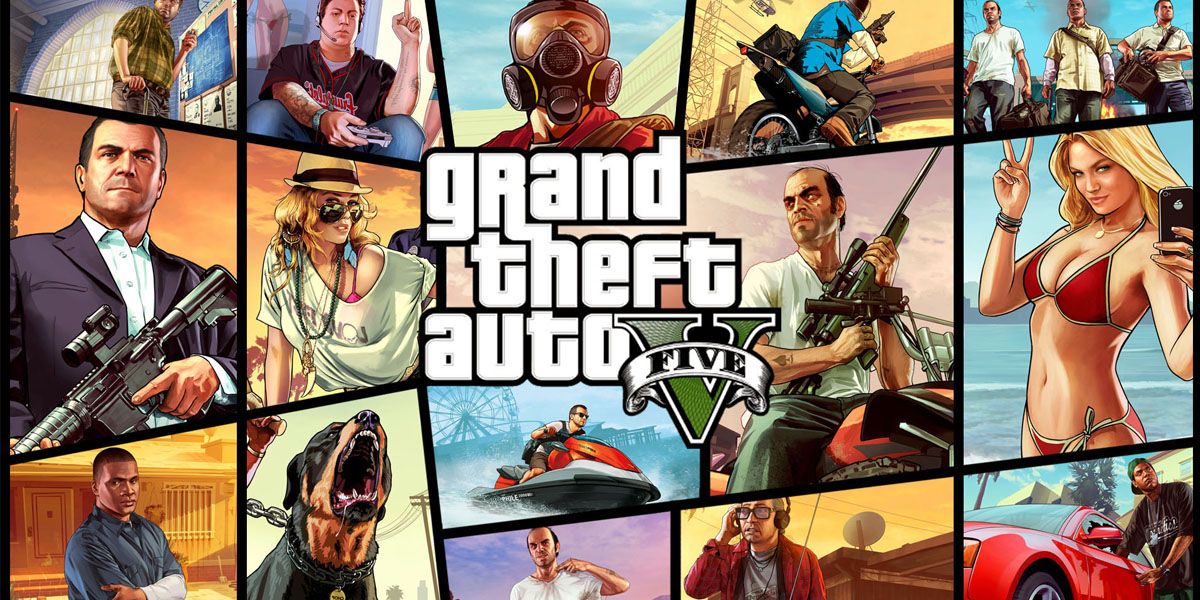The Most Controversial Video Game Releases in History
The gaming industry has long been a breeding ground for creative innovation, technological progress, and cultural impact. Yet, some video games have ignited firestorms of controversy, polarizing players, critics, and even governments. From content debates to political backlash, these games have stirred emotions and sparked conversations that transcend the gaming community.
Below, we delve into some of the most contentious video game releases in history and explore why they remain pivotal moments in gaming culture.
Provocative Content and Moral Outrage
One of the most consistent sources of controversy in video games stems from explicit or taboo-breaking content. Games that push the boundaries of acceptable themes often face backlash, particularly from parents, advocacy groups, and policymakers.
Grand Theft Auto Series
The Grand Theft Auto (GTA) franchise, particularly GTA: San Andreas, remains a hallmark of gaming controversy. Known for its unapologetic portrayal of violence, drug use, and crime, the series has been the subject of countless lawsuits and media scrutiny. The infamous “Hot Coffee” mod in San Andreas further escalated outrage, as it revealed hidden sexually explicit content. This led to a temporary recall and reclassification, setting a precedent for industry regulation.
Mortal Kombat
When Mortal Kombat was released in 1992, its graphic depictions of violence and "fatalities" caused an uproar. Politicians and advocacy groups argued that the game was corrupting youth and glorifying brutality. The backlash was so intense that it contributed to the establishment of the Entertainment Software Rating Board (ESRB), a body that still governs video game age ratings today.
Political and Religious Backlash
Some games have found themselves at the epicenter of political and religious storms, often due to their themes or perceived ideological leanings.
Call of Duty: Modern Warfare 2
The “No Russian” mission in this 2009 blockbuster shocked the gaming world and beyond. In the mission, players infiltrate a terrorist group and participate in or witness a mass shooting at an airport. While the developers included an option to skip the scene, the sheer realism and moral complexity of the mission provoked global criticism, with some countries censoring or banning the game entirely.
Six Days in Fallujah
Based on real events during the Iraq War, this game sought to portray the controversial Second Battle of Fallujah. Critics accused it of glorifying war, minimizing the suffering of civilians, and being insensitive to the lives lost. Originally canceled in 2009 after public outcry, the game resurfaced in 2021 with a promise of more nuanced storytelling, but it remains a lightning rod for debate.
Pokémon
Even seemingly innocuous games can spark controversy. The Pokémon series faced accusations of promoting occultism, gambling, and animal abuse. Religious groups in various countries have called for bans, claiming the franchise encouraged moral decay among children.
Industry Disruptors and Consumer Backlash
Not all controversies stem from game content. Sometimes, the industry itself becomes embroiled in disputes over business practices, exploitation, or unmet expectations.
Cyberpunk 2077
Few games have seen a launch as chaotic as CD Projekt Red’s Cyberpunk 2077. Hailed as one of the most anticipated games of the decade, its release in 2020 was marred by widespread bugs, performance issues, and a glaring disparity between marketing promises and the actual product. The backlash was severe, with the game being pulled from the PlayStation Store and lawsuits filed for deceptive practices. While patches have improved the experience, the initial controversy left a lasting stain on its reputation.
Star Wars Battlefront II
EA’s 2017 title became the poster child for predatory microtransactions. The game’s progression system was heavily tied to loot boxes, forcing players to either grind for hours or pay substantial amounts to unlock characters. The backlash was so intense that EA had to overhaul the system, and the incident spurred global discussions about regulating loot boxes as a form of gambling.
Cultural Sensitivity and Representation
As video games have grown in cultural influence, their depictions of race, gender, and history have faced heightened scrutiny. Developers walking the fine line between creative expression and cultural respect have often found themselves in hot water.
Resident Evil 5
Capcom’s survival horror game faced accusations of racial insensitivity upon its release in 2009. Set in Africa, the game featured a white protagonist combating predominantly Black enemies. Critics argued that the imagery reinforced colonialist stereotypes, sparking debates about representation in video games.
Tom Clancy’s The Division 2
Ubisoft’s The Division 2 was accused of trivializing political and social issues, particularly its portrayal of a post-apocalyptic Washington, D.C. Despite being marketed as apolitical, its setting and themes sparked discussions about the role of games as political commentary.
Punch-Out!!
The retro classic faced criticism for perpetuating ethnic stereotypes through its caricatured depictions of various fighters. While celebrated as a fun arcade game, its cultural insensitivity highlights how societal norms around representation have evolved.
Lessons Learned from Gaming Controversies
Each of these controversies reflects broader societal debates about media responsibility, artistic freedom, and ethical boundaries. The fallout from these games has shaped how the industry approaches sensitive topics and engages with its audience.
- Regulatory frameworks like the ESRB and PEGI emerged from controversies, ensuring more transparency for consumers.
- Developers have learned to anticipate backlash, leading to more inclusive design and storytelling.
- Gamers have become more vocal, using social media and platforms to hold companies accountable.
While the gaming industry continues to push creative boundaries, these controversies serve as reminders of the delicate balance between innovation and responsibility.
References
- Grand Theft Auto and the Hot Coffee Mod Scandal
- The Origins of the ESRB
- Modern Warfare 2’s No Russian Mission
- The Resurfacing of Six Days in Fallujah
- Cyberpunk 2077’s Chaotic Launch
- Star Wars Battlefront II and Loot Box Controversy
- Resident Evil 5’s Representation Debate
- Cultural Critiques of Punch-Out!!
- The Role of Regulation in Gaming
- The Political Impact of Tom Clancy’s The Division 2




































